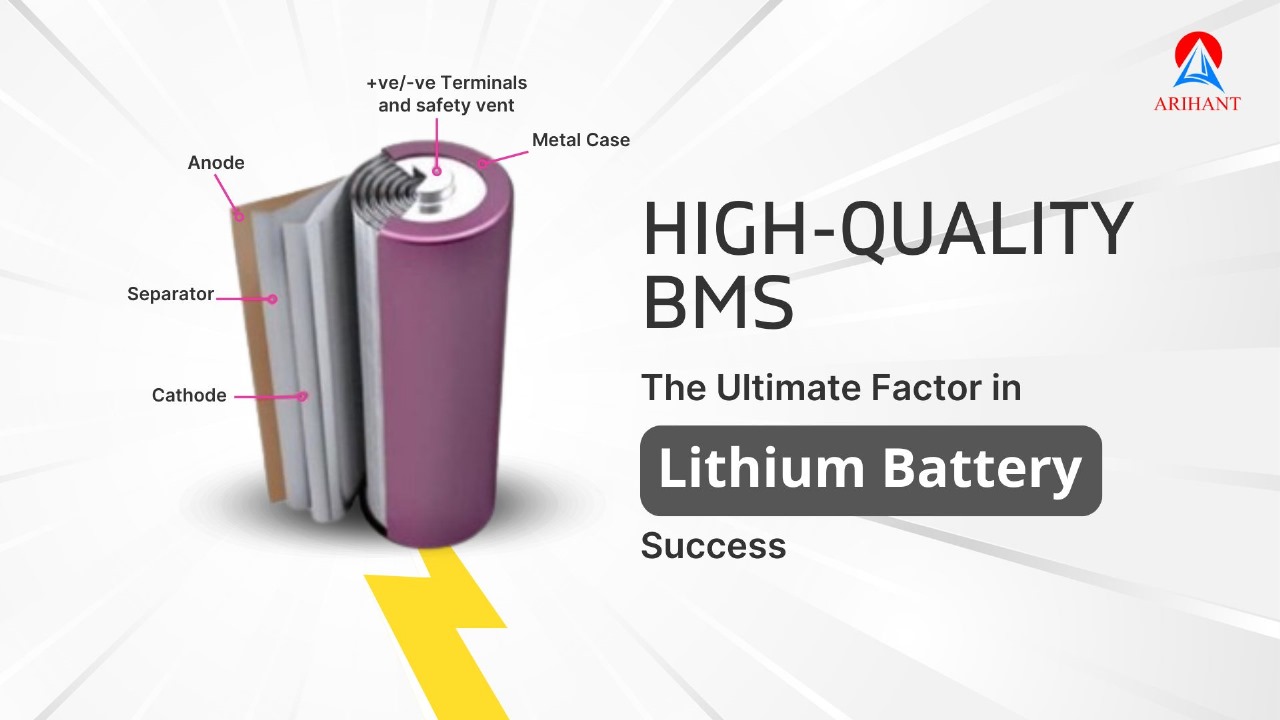In today’s world, nearly everyone relies on a range of devices powered by lithium-ion batteries—phones, laptops, tablets, power banks, and more. These batteries are also increasingly used in medium to large power systems such as elevators, escalators, automotive vehicles, electric vehicles (EVs), robots, and forklifts. However, recent news reports have highlighted alarming incidents involving sudden explosions of lithium batteries, particularly in elevators.
Contrary to some misconceptions, these incidents are not related to magnetic resonance phenomena or issues with the elevators themselves. Instead, the root cause lies in the manufacturing process of the batteries. Many of these incidents can be traced back to bike batteries that are produced using uncontrolled processes, unregulated compliance standards, and low-quality or cheap components. This accumulation of deficiencies leads to dangerous situations.
A critical aspect often overlooked by low-quality battery manufacturers is the investment in a robust Battery Management System (BMS). BMS electronics are essential for the safe operation of lithium batteries. Unfortunately, some manufacturers view BMS as an unnecessary expense rather than a vital safety component. This neglect can lead to severe consequences, including battery failure and fire.
Why Do Lithium Batteries Catch Fire?
Lithium, like sodium, is highly inflammable, and its electrolytes are similarly reactive. When the insulation between the battery’s layers is compromised and the battery is overcharged due to inadequate BMS protection, a thermal runaway condition can occur. This condition leads to short-circuiting between the anode and cathode layers of the battery, ultimately resulting in a fire.
Conclusion
The safety of lithium batteries is heavily dependent on the quality of the Battery Management System deployed. A well-designed BMS not only monitors and regulates the battery’s performance but also protects against overcharging and thermal runaway conditions. Investing in high-quality BMS technology is essential to prevent dangerous incidents and ensure the safe use of lithium-ion batteries in various applications. Always prioritize the quality of BMS in products involving lithium batteries to safeguard against potential hazards and ensure reliable performance.

